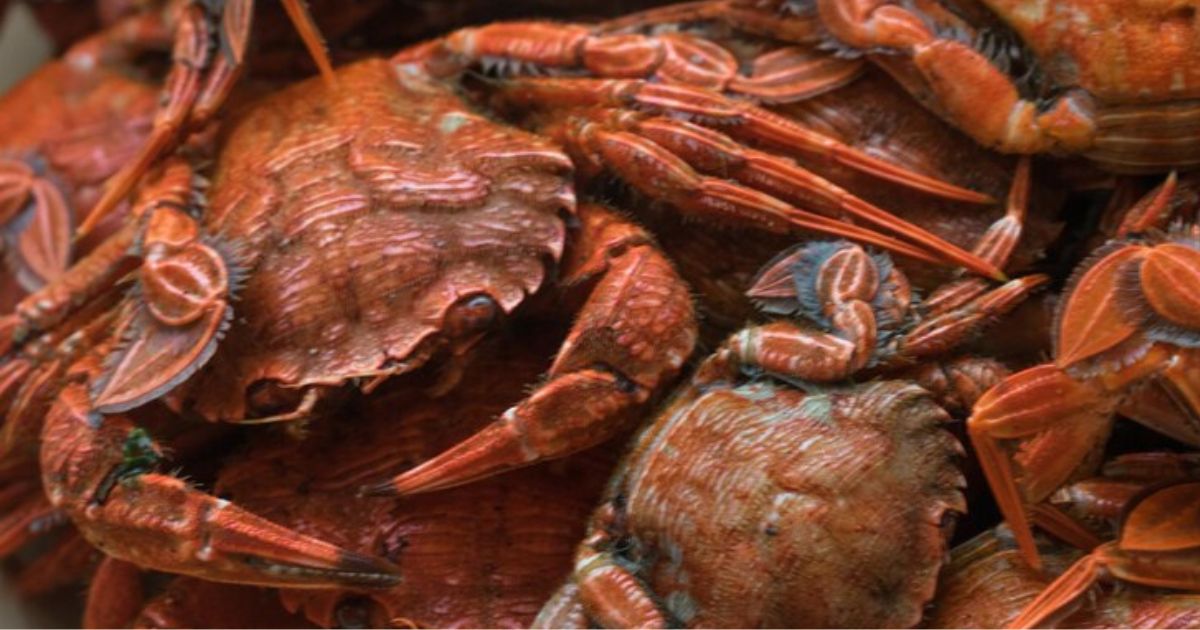The term “jaiba” might sound unfamiliar to some, but in many Spanish-speaking cultures, especially in Mexico and coastal regions of Latin America, it’s a word loaded with flavor—literally and figuratively. Whether you’re talking about seafood, personality traits, or symbolic meanings, jaiba has carved out its place in culinary, linguistic, and social traditions. This article takes an in-depth look at jaiba, exploring its meanings, culinary importance, and cultural impact.
Definition and Origin of Jaiba
Jaiba is a Spanish word that primarily refers to blue crab, a crustacean commonly found in coastal waters. In English, “jaiba” translates to “crab,” but specifically, it’s used for the blue crab species native to regions like the Gulf of Mexico. The term originates from indigenous Caribbean languages and found its way into Spanish through colonial and coastal culinary traditions.
Culinary Importance of J’aiba
One of the most popular uses of jaiba is in cooking. Jai’ba is a delicacy in many seafood dishes across Latin America. From soups and stews to tacos and ceviches, jaiba brings a unique texture and flavor to traditional meals. Coastal towns often feature jaiba in festivals and markets, celebrating its role in both daily life and heritage.
Popular Dishes Made with Ja’iba
Some signature dishes include:
Ceviche de jaiba: Fresh crab meat marinated in lime juice with onions, cilantro, and tomato.
Tacos de jaiba: Soft or crispy tacos filled with seasoned crab meat, often served with avocado and salsa.
Jai’ba al mojo de ajo: Crab sautéed in garlic butter, a rich and savory treat often enjoyed with rice and tortillas.
These dishes not only highlight regional flavors but also speak to how important jaiba is in community gatherings and family traditions.
Ja’iba as a Symbol in Culture
Beyond the kitchen, jaiba also symbolizes certain personality traits. In Mexican slang, “ser muy jaiba” means to be clever or cunning—like a crab that slips away when you least expect it. It can imply someone who is sharp, sly, or resourceful, depending on the tone.
Jai’ba in Folklore and Symbolism
Crabs, including jaiba, often appear in folk stories and superstitions. Their sideways walk is seen as symbolic of indirect approaches or roundabout strategies. In some traditions, jaiba represents resilience and adaptability, as crabs are able to survive in complex, shifting environments.
Fishing and Sustainability of Ja’iba
Blue crab fishing is a major industry in coastal areas. However, sustainability is a growing concern. Overfishing and habitat destruction have threatened jaiba populations in some regions. Many environmental groups now promote sustainable jaiba fishing, emphasizing proper seasons and legal size limits to protect the ecosystem.
Economic Impact of Jai’ba Trade
Fishing, selling, and preparing ja’iba is a source of livelihood for thousands of coastal families. Fish markets rely heavily on ja’iba sales, and local restaurants use it to attract tourists. The trade contributes to both small-scale economies and international seafood markets.
Jaib’a in Festivals and Local Celebrations
Several coastal towns celebrate jaiba with food festivals. These events include cooking competitions, parades, and educational talks on conservation. The festivals not only promote culinary arts but also strengthen community identity and tourism.
Ja’iba in Art and Media
Artists and storytellers often use jaiba imagery in paintings, songs, and films. Whether portrayed as a dish on a table or a creature in a story, jaiba is tied to themes of family, survival, and heritage. It also features in many murals in fishing communities, honoring the creature’s contribution to local culture.
Jai’ba in Health and Nutrition
From a nutritional perspective, jaiba is rich in protein, omega-3 fatty acids, and essential vitamins. It’s a low-fat seafood option that supports heart health and brain function. However, those allergic to shellfish must avoid it, and proper storage is crucial to prevent foodborne illness.
Jai’ba in Coastal Language and Expression
Coastal communities have developed unique phrases and idioms around jaiba. For instance:
“Está que ni la jaiba lo alcanza” (He’s so fast not even the crab can catch him)
“Más complicado que pelar una jaiba” (More complicated than peeling a crab)
These sayings show how embedded jaiba is in everyday conversation and humor.
Ja’iba in Gender and Social Slang
Interestingly, jaiba has been used in urban slang to describe someone with a tough or tricky personality—often in jest. While it’s not always flattering, the term can also reflect admiration for someone who’s hard to beat or constantly one step ahead.
Environmental Challenges Affecting Ja’iba
Pollution, climate change, and industrial development near coasts pose major threats to the habitat of j’aiba. Warmer waters and ocean acidification can affect crab reproduction and availability. Many researchers are now studying how environmental changes impact ja’iba behavior and growth cycles.
Preserving Ja’iba for Future Generations
To ensure j’aiba remains a staple in both cuisine and culture, conservation efforts are critical. Local governments and NGOs are promoting crab farming (aquaculture), educating fishermen, and setting catch limits. Public awareness campaigns also highlight the importance of protecting marine biodiversity.
Conclusion
Ja’iba is much more than just seafood. It’s a symbol of coastal life, culinary richness, social wisdom, and environmental awareness. Whether you’re enjoying a crab taco by the beach or using “jai’ba” in a clever metaphor, the word carries layers of meaning that connect people, places, and traditions. In a world that’s constantly changing, jaiba reminds us of the value of adaptability, resilience, and cultural flavor.
FAQs
What does j’aiba mean in English?
Ja’iba translates to “crab,” specifically the blue crab, in Spanish.
Where is j’aiba commonly found?
Jai’ba is common in coastal regions of Latin America, particularly around the Gulf of Mexico.
How is jai’ba used in cooking?
It is used in ceviches, tacos, garlic butter dishes, and soups, often seasoned with local spices.
Is j’aiba healthy to eat?
Yes, it is high in protein and omega-3 fatty acids, but should be avoided by those with shellfish allergies.
What cultural meaning does ja’iba have?
It can symbolize cleverness, resilience, and is often part of local sayings, art, and celebrations.















